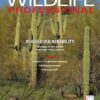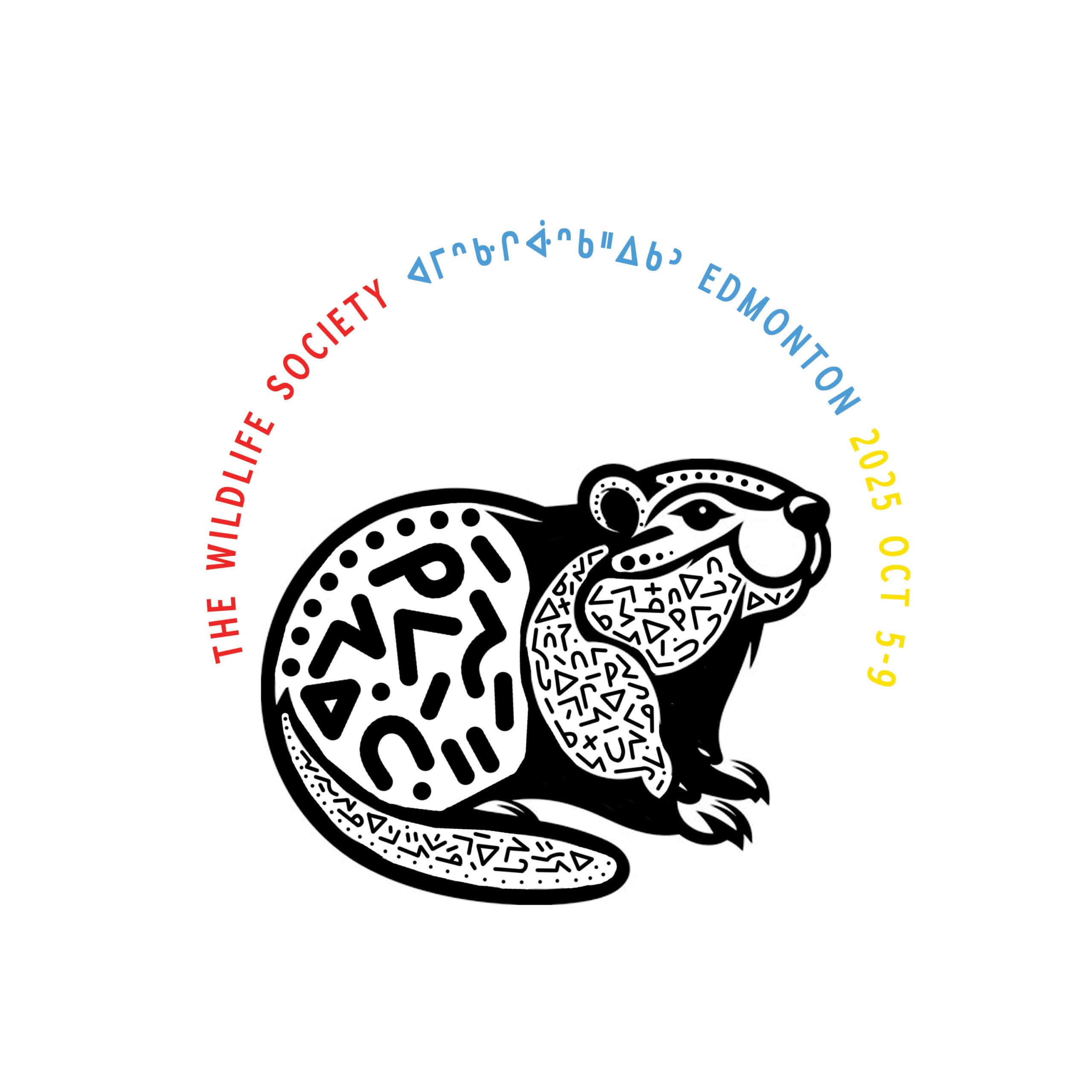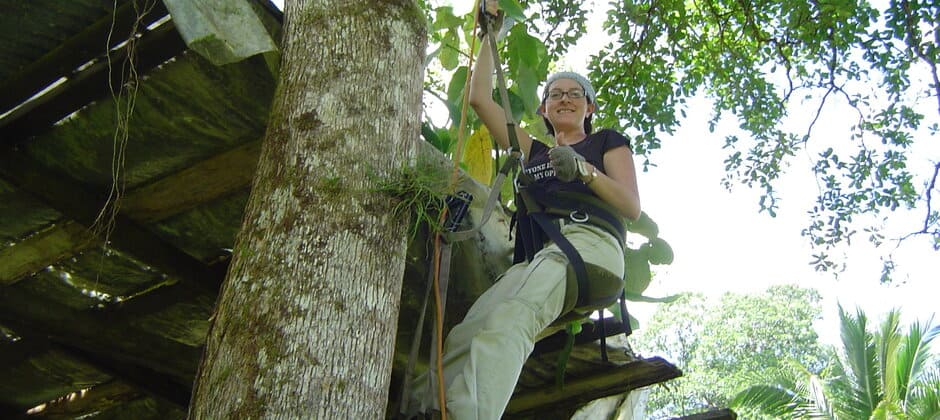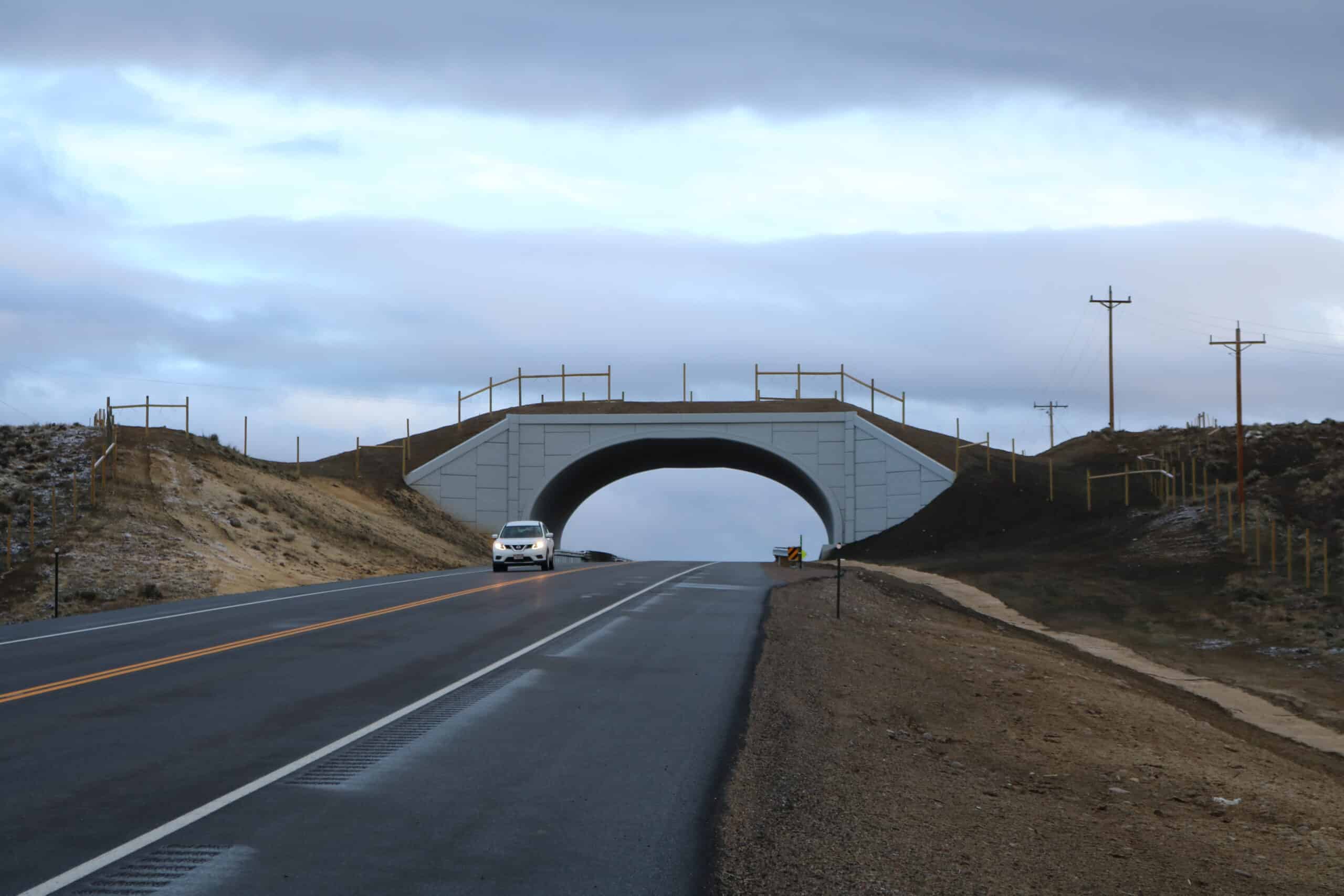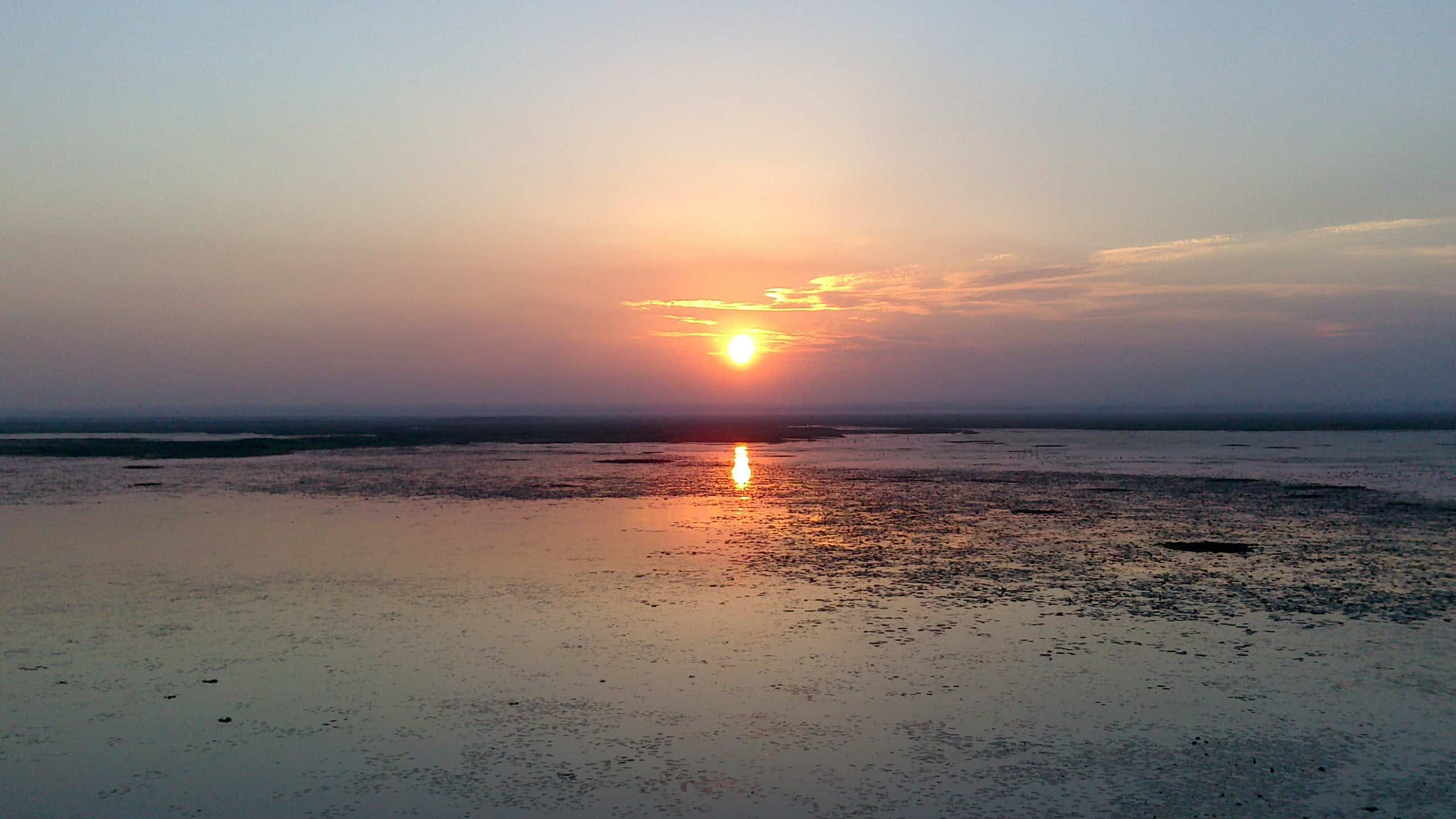Share this article
Wildlife Vocalizations: Gabriela Palomo-Munoz
Wildlife Vocalizations is a collection of short personal perspectives from people in the field of wildlife sciences.
Growing up in Guatemala, I remember getting excited reading about jaguars or leopards in National Geographic and wanting to work with wild cats. I started college to become a biologist, planning to work with wild felids. As passionate as I was about conservation and big cats, I always felt like it was too big of a goal for me. I couldn’t voice my dreams for fear of others judging my choice or seeing how inadequate I was for that field. I thought wildlife conservation was a very difficult field to go into because it was reserved for men and I would need a lot of money to buy all the necessary equipment. I was full of excuses and reasons not to claim my dream.
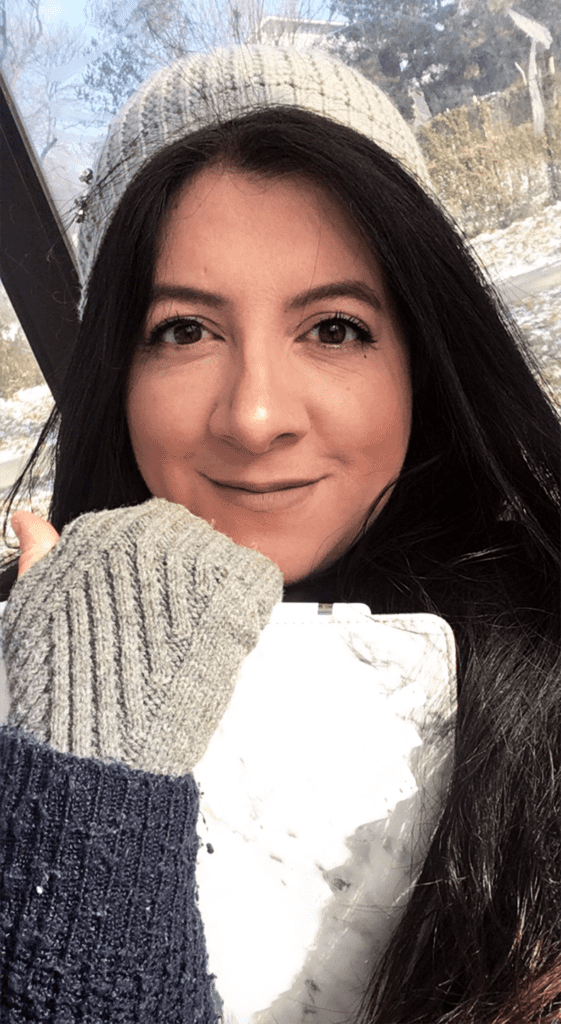
Headshot of Gabriela Palomo-Munoz. Credit: Gabriela Palomo-Munoz
I finished college and joined a master’s program in wildlife management. At the end of the program, I started talking to a friend of mine who worked with jaguars in Guatemala. He invited me to conduct a research project on ocelots (Leopardus pardalis) with World Conservation Society in Guatemala. I accepted and never looked back. It was my dream to work with wild felids and I could not believe my luck. I finished my master’s thesis estimating ocelot density in Biotopo Protegido Dos Lagunas in Guatemala and even won an award for best thesis in graduate school at Facultad de Medicina Veterinaria at Universidad de San Carlos de Guatemala in 2015. A few years later, I applied to a PhD program in the U.S. as a Fulbright scholar, and I knew I wanted to continue my work with ocelots. It took me two years before I felt comfortable calling myself a carnivore ecologist, even though that is exactly what my research and dissertation is about.
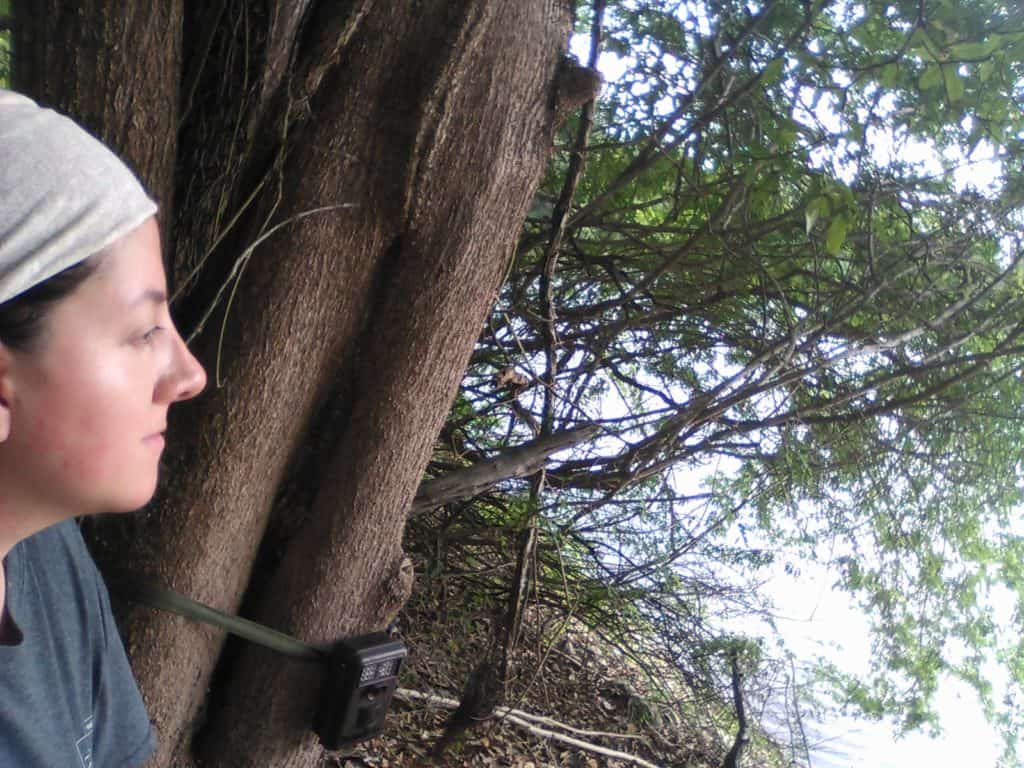
Palomo-Munoz placing trail cameras in Sitio Arqueologico La Corona in Guatemala in 2016.
Credit: Gabriela Palomo-Munoz
Claiming my place in that field felt powerful. Nobody was going to give me that title or give me permission to call myself a carnivore ecologist. I had to do that for me. And once I did, I was empowered to say who I was out loud. Impostor syndrome, the psychological pattern where an individual doubts their abilities, skills or accomplishments, was strong in me and prevented me from asserting myself in this field. I can’t say that I got rid of my imposter syndrome, because I battle with it every day, but at least I have won two battles: I now call myself a carnivore ecologist, and I now have the courage to pursue my dreams.
Learn more about Wildlife Vocalizations, and read other contributions.
Submit your story for Wildlife Vocalizations or share the submission form with your peers and colleagues to encourage them to share their story.
For questions, please contact Jamila Blake.
Header Image: Palomo-Munoz took a course on tree climbing in Nicaragua in 2006. Credit: Stephany Arroyo

